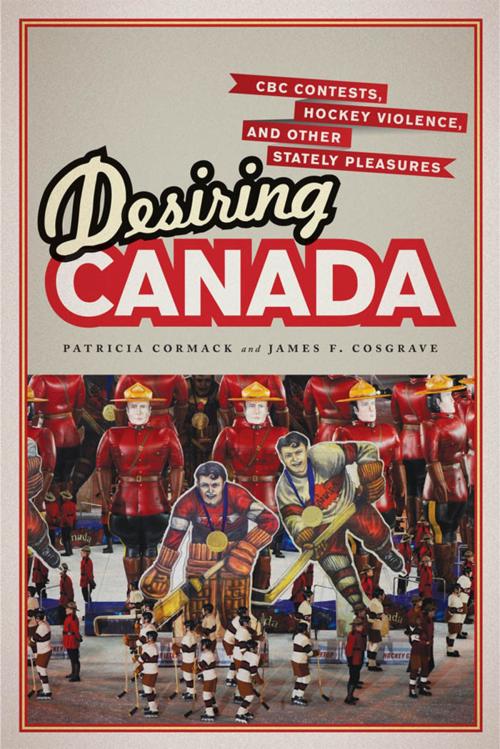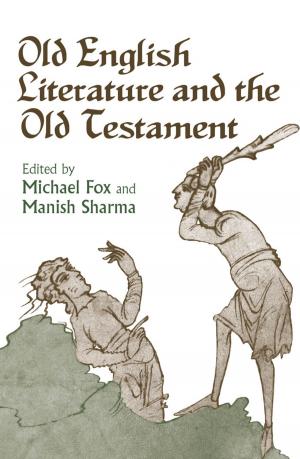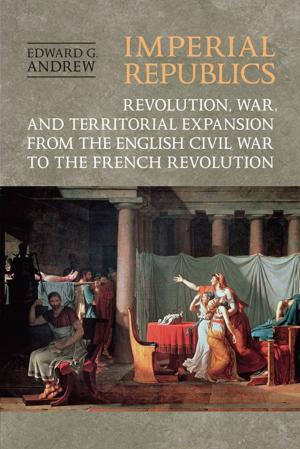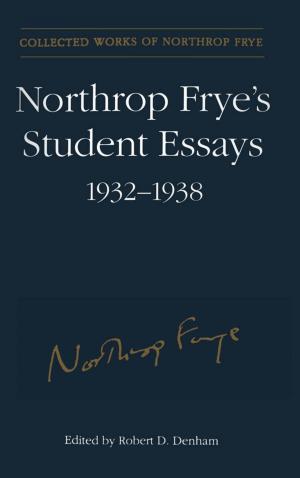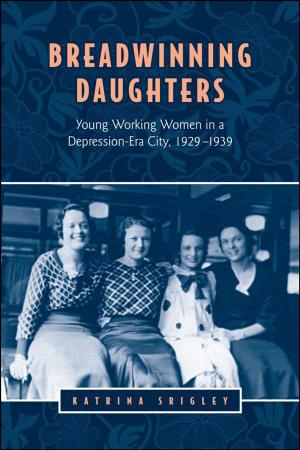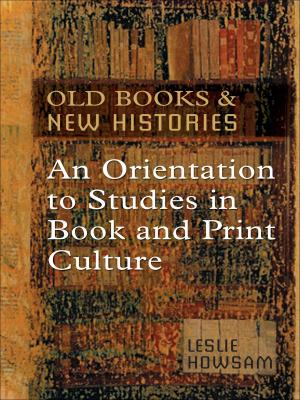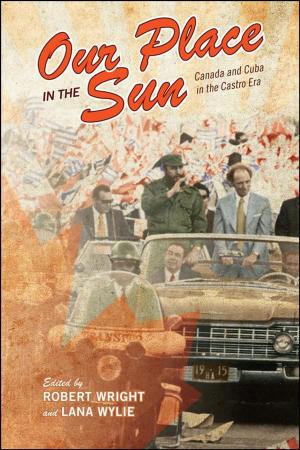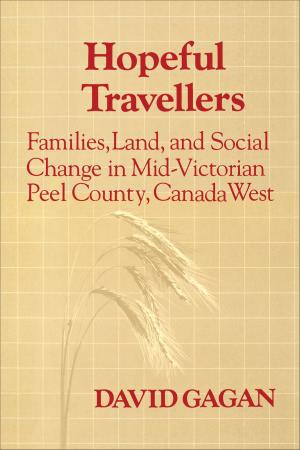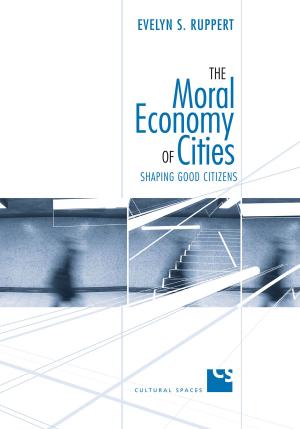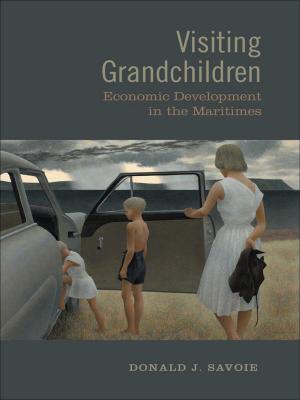Desiring Canada
CBC Contests, Hockey Violence and Other Stately Pleasures
Nonfiction, Social & Cultural Studies, Social Science, Cultural Studies, Customs & Traditions, Sociology| Author: | Patricia Cormack, James Cosgrave | ISBN: | 9781442663305 |
| Publisher: | University of Toronto Press, Scholarly Publishing Division | Publication: | March 18, 2013 |
| Imprint: | Language: | English |
| Author: | Patricia Cormack, James Cosgrave |
| ISBN: | 9781442663305 |
| Publisher: | University of Toronto Press, Scholarly Publishing Division |
| Publication: | March 18, 2013 |
| Imprint: | |
| Language: | English |
What do Tim Hortons, Hockey Night in Canada, and Rick Mercer have in common? Each is a popular symbol of Canadian identity, seen across the country – and beyond – on television and in other forms of media. But whose definition of ‘Canadian’ do they represent? What does it mean to be Canadian? Do we create our own impressions of Canadian identity, or are they created for us? In Desiring Canada, Patricia Cormack and James F. Cosgrave delve into these questions, exploring the connections between popular culture, media, and the Canadian state.
Taking as their examples the popular CBC contests, Tim Hortons advertising campaigns, NHL hockey violence, television comedy, and the business of gambling, this lively, engaging book investigates the relationship between some of our more beloved popular expressions of national identity and the extent to which the interests of the state appeal in various ways through the popular media to the pleasures of citizens, thus shaping our understanding of what it means to be Canadian.
What do Tim Hortons, Hockey Night in Canada, and Rick Mercer have in common? Each is a popular symbol of Canadian identity, seen across the country – and beyond – on television and in other forms of media. But whose definition of ‘Canadian’ do they represent? What does it mean to be Canadian? Do we create our own impressions of Canadian identity, or are they created for us? In Desiring Canada, Patricia Cormack and James F. Cosgrave delve into these questions, exploring the connections between popular culture, media, and the Canadian state.
Taking as their examples the popular CBC contests, Tim Hortons advertising campaigns, NHL hockey violence, television comedy, and the business of gambling, this lively, engaging book investigates the relationship between some of our more beloved popular expressions of national identity and the extent to which the interests of the state appeal in various ways through the popular media to the pleasures of citizens, thus shaping our understanding of what it means to be Canadian.
